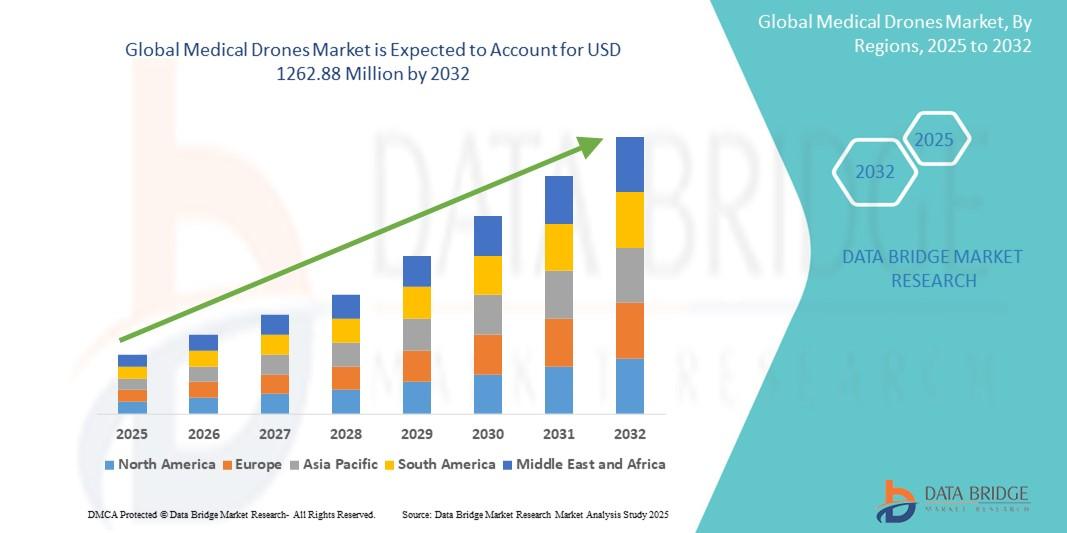How Disintegration Testers Are Enhancing Drug Quality Control
In pharmaceutical development and manufacturing, product quality assurance is non-negotiable. One essential component in ensuring drug efficacy and patient safety is the disintegration tester. These devices are specifically engineered to assess how quickly and completely tablets and capsules break down in specific liquid environments—an indispensable factor for both regulatory approval and therapeutic performance.
Pharmaceutical companies, contract research organizations, and quality control labs rely on disintegration testers to meet strict compliance with pharmacopeial standards (USP, IP, BP, and EP), making them an integral part of drug formulation workflows.
According to Marketintelo, “The global Disintegration Tester Market size was valued at approximately USD 172.4 million in 2024 and is projected to reach USD 289.6 million by 2032, growing at a compound annual growth rate (CAGR) of 6.7% during the forecast period 2024–2032.”
Read Full Research Study –
https://marketintelo.com/report/disintegration-tester-market
Why Disintegration Testing Matters More Than Ever
Disintegration testing is a critical indicator of a solid dosage form’s performance, particularly in oral pharmaceuticals. While dissolution testing evaluates the rate at which active ingredients dissolve, disintegration testing ensures that the tablet or capsule breaks down appropriately in the body, a precursor for bioavailability.
Modern disintegration testers are evolving with features like automated logging, temperature controls, compliance validation, and even real-time data export. These capabilities are particularly useful in highly regulated markets, where documentation and repeatability are vital.
Summary Table
Parameter 2024 Value / Note
Global Market Value (2024) USD 172.4 million
Projected Value (2032) USD 289.6 million
CAGR Range (2024–2032) 6.7% – 7.1%
Europe Revenue Share (2024) 31.2% (USD 53.8 million)
U.S. Value (2024–2030) USD 48.6M → USD 77.1M (CAGR 7.9%)
Leading Segment Fully Automated 2-Station Testers
Key End Users Pharma firms, CROs, research labs
Regulatory Drivers USP, EMA, FDA, WHO compliance
Looking Ahead: A Market Built on Precision
As global regulations tighten and pharmaceutical manufacturing becomes more complex, disintegration testing will remain a critical checkpoint in the production chain. Accuracy, repeatability, and traceability are no longer optional—they’re baseline requirements.
With robust market projections, regional expansion, and technology-driven differentiation, disintegration testers will continue to be a vital component in the pharmaceutical quality ecosystem for years to come.
How Disintegration Testers Are Enhancing Drug Quality Control
In pharmaceutical development and manufacturing, product quality assurance is non-negotiable. One essential component in ensuring drug efficacy and patient safety is the disintegration tester. These devices are specifically engineered to assess how quickly and completely tablets and capsules break down in specific liquid environments—an indispensable factor for both regulatory approval and therapeutic performance.
Pharmaceutical companies, contract research organizations, and quality control labs rely on disintegration testers to meet strict compliance with pharmacopeial standards (USP, IP, BP, and EP), making them an integral part of drug formulation workflows.
According to Marketintelo, “The global Disintegration Tester Market size was valued at approximately USD 172.4 million in 2024 and is projected to reach USD 289.6 million by 2032, growing at a compound annual growth rate (CAGR) of 6.7% during the forecast period 2024–2032.”
Read Full Research Study – https://marketintelo.com/report/disintegration-tester-market
Why Disintegration Testing Matters More Than Ever
Disintegration testing is a critical indicator of a solid dosage form’s performance, particularly in oral pharmaceuticals. While dissolution testing evaluates the rate at which active ingredients dissolve, disintegration testing ensures that the tablet or capsule breaks down appropriately in the body, a precursor for bioavailability.
Modern disintegration testers are evolving with features like automated logging, temperature controls, compliance validation, and even real-time data export. These capabilities are particularly useful in highly regulated markets, where documentation and repeatability are vital.
Summary Table
Parameter 2024 Value / Note
Global Market Value (2024) USD 172.4 million
Projected Value (2032) USD 289.6 million
CAGR Range (2024–2032) 6.7% – 7.1%
Europe Revenue Share (2024) 31.2% (USD 53.8 million)
U.S. Value (2024–2030) USD 48.6M → USD 77.1M (CAGR 7.9%)
Leading Segment Fully Automated 2-Station Testers
Key End Users Pharma firms, CROs, research labs
Regulatory Drivers USP, EMA, FDA, WHO compliance
Looking Ahead: A Market Built on Precision
As global regulations tighten and pharmaceutical manufacturing becomes more complex, disintegration testing will remain a critical checkpoint in the production chain. Accuracy, repeatability, and traceability are no longer optional—they’re baseline requirements.
With robust market projections, regional expansion, and technology-driven differentiation, disintegration testers will continue to be a vital component in the pharmaceutical quality ecosystem for years to come.


